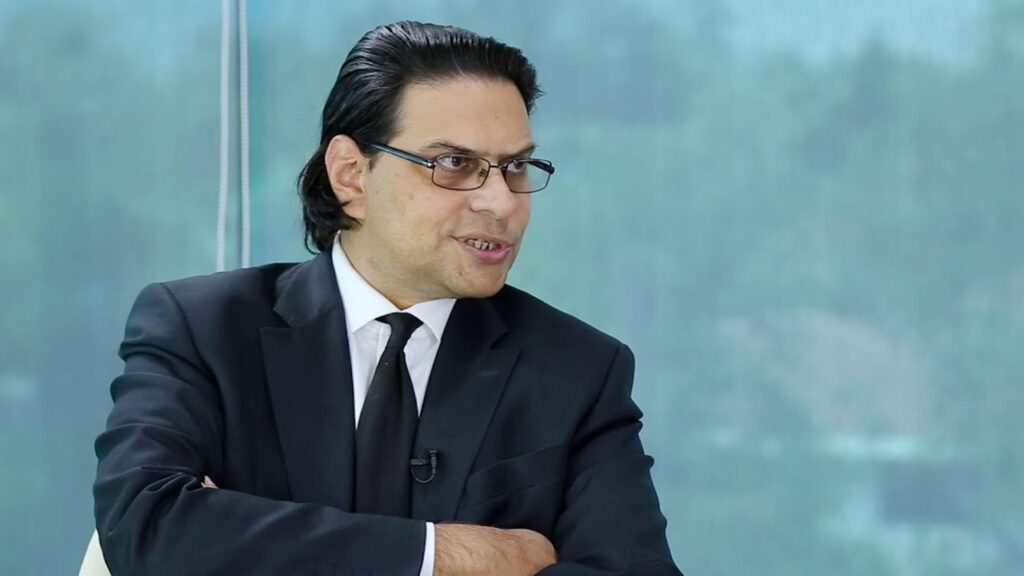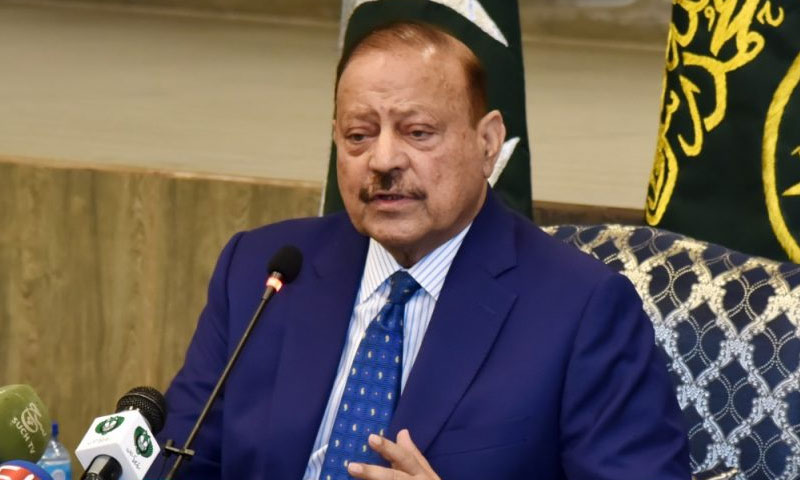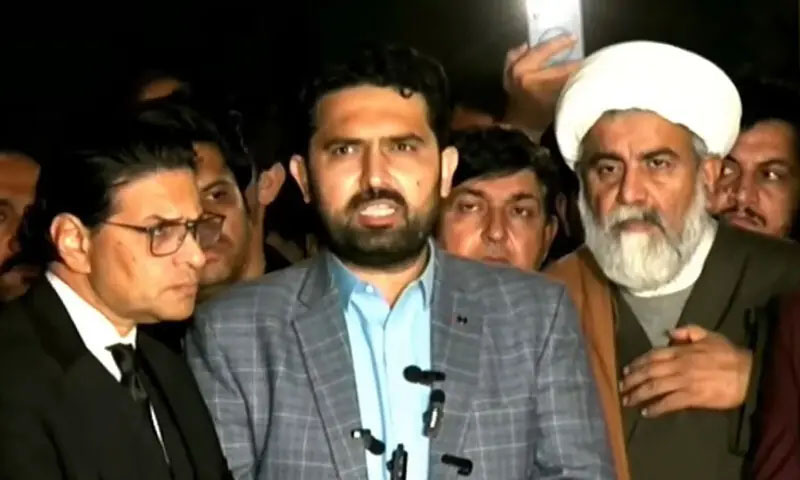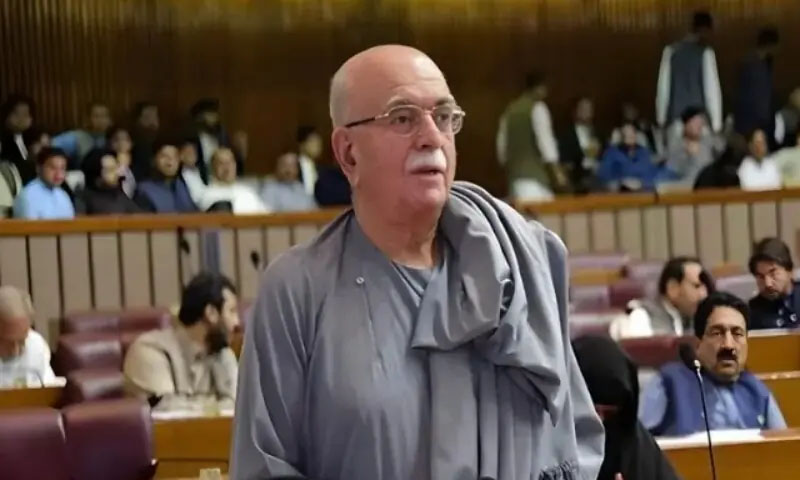- Web Desk
- Jan 31, 2026
LHC asks ECP to adjudicate Salman Akram Raja’s plea as per law
-

- Web Desk
- Jan 25, 2024

LAHORE: The Lahore High Court has announced a reserved verdict on a petition of Pakistan Tehreek-e-Insaf leader Salman Akram Raja who had challenged his categorization as an independent candidate in the upcoming elections.
The court directed the Election Commission of Pakistan to decide the complaint according to the law. A two-member bench headed by Justice Ali Baqar Najafi announced the reserved verdict.
Salman Akram Raja had challenged his categorization as an independent candidate in the upcoming elections.
Earlier, during the proceedings, Justice Najafi raised a crucial question, inquiring about the progress of the ballot paper printing. The Election Commission of Pakistan (ECP) advocate responded, revealing that approximately 80 percent of the ballot papers had already been printed.
Seeking clarity on the marking of candidates, Justice Najafi sought information on the ballot paper’s design. The ECP lawyer explained that each candidate’s name, along with an election mark, is present on the ballot paper. Notably, the advocate emphasized that neither historically nor presently are political party names inscribed on the ballot paper.
Advancing the discussion, the Election Commission’s representative referred to Form 33, distinguishing between independent candidates and those affiliated with political parties. When a certificate is issued by a political party, the candidate is recognized as representing that party, the ECP lawyer explained.
In response to Justice Najafi’s query about the issuance of certificates, the Election Commission’s counsel clarified that it is imperative for the certificate to be issued by the relevant authority. According to the law, a party cannot participate in an election without an electoral symbol, the advocate added.
Salman Akram Raja’s legal counsel intervened, expressing that there is no dispute regarding the ballot paper and asserting that no amendments are sought in this regard. On January 23, 2024, the Election Commission released a list of political parties, including the Pakistan Tehreek-e-Insaf (PTI), the petitioner’s lawyer highlighted.
However, a contentious issue emerged as the petitioner argued that the Election Commission was conflating party affiliation and the acquisition of an election symbol. Insisting that these are distinct matters, the petitioner’s counsel contended that the party name should be written alongside the candidate’s name in Form 33, visible to voters at the polling station.
Justice Sultan Tanveer Ahmed weighed in, raising concerns about the absence of an election symbol if the PTI’s name is included in the list. The judge noted that this would potentially impede Salman Akram Raja from contesting the election.
Challenging the Election Commission’s decision, the petitioner’s lawyer emphasized that Salman Akram Raja aspires to participate in the election as a representative of a political party, not as an independent candidate. Stressing that the election mark is intended for voters to support their preferred party, the petitioner’s advocate concluded the argument, leaving the court to deliberate on this intricate matter.




